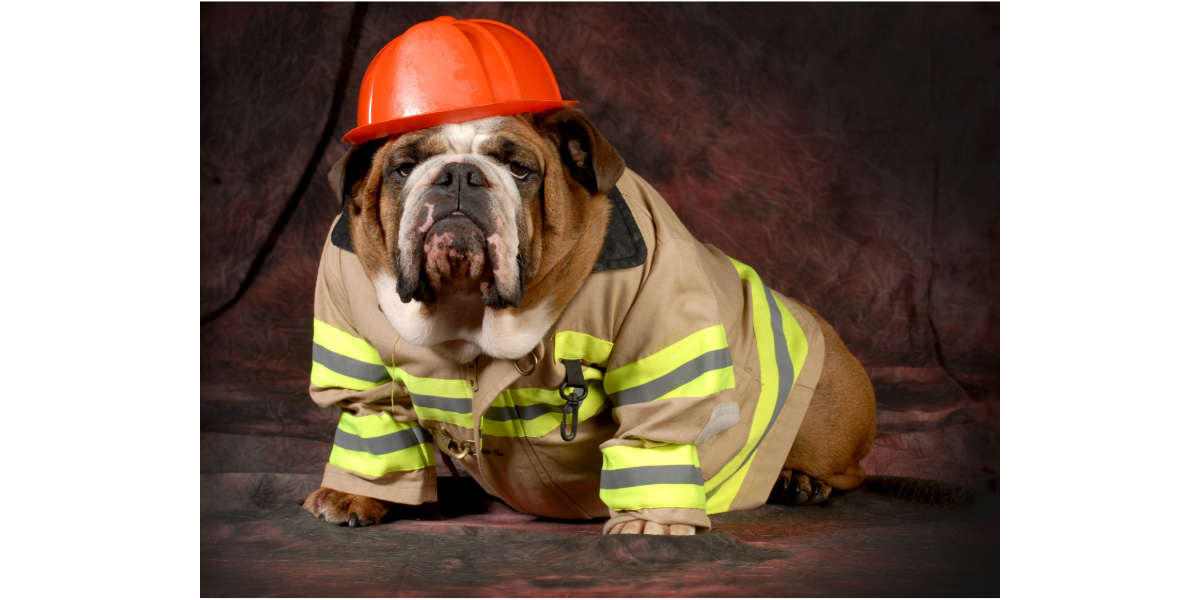
SAVE AN EXTRA $5 - $20 OFFUse code PETS in cart (Exclusions apply)

Save 40% with first AutoShipUse code NEW40 (Up to $40 max. Exclusions apply)

While efforts are made to answer all questions as quickly as possible, if an immediate answer is required or if your pet is in need of urgent or emergency care, contact your pet's veterinarian immediately.

You will receive an answer from Dr. Lindsay and our vet/tech team as soon as possible, usually the same day.
All answers are provided for informational or educational purposes only, and are intended to be a supplement to, and not a substitute for, the expertise and professional judgment of your pet's veterinarian.
It may be necessary to consult your pet's veterinarian regarding the applicability of any opinions or recommendations with respect to your pet's symptoms or medical condition.
Close
An error has occurred, please reload the page and try again.
Close
While efforts are made to answer all questions as quickly as possible, if an immediate answer is required or if your pet is in need of urgent or emergency care, contact your pet's veterinarian immediately.
There is no answer related to your question

Your pets are part of the family, and in an emergency, their safety would be one of your first priorities. By taking steps to prevent house fires and making evacuation plans that include your pets, you can help ensure they stay safe and sound.
Fire Hazard On Four Legs
It’s not uncommon for pets to inadvertently start fires.
Flickering flames and glowing incense sticks attract curious pets, so it’s important to supervise cats and dogs around these items. The best solution is to swap them out for flameless candles and potpourri so you can set the mood and keep your home smelling fresh without having to worry about your pet starting a fire.
Space heaters are a leading cause of house fires in the winter. They can catch fire if knocked over or if covered by a blanket. If you must use a space heater, supervise your pet when it’s on and always unplug it when it’s not in use.
Electrical cords are another common fire hazard, particularly if they’re frayed or worn. Keep all cords out of reach if possible, especially if you have a young puppy or kitten that likes to chew. For cords that can’t be stored away, try a chewing deterrent like Fooey Spray. When you can’t supervise your pet, keep them safe in a crate or a pet-proofed area behind a door or pet gate.
Kitchen fire hazards are a concern with cats that climb countertops and large breed dogs. Large dogs may inadvertently turn a stove knob and turn on the burner. You can remove the knobs when you’re not cooking or use knob covers. It may make sense to train your pets to stay out of the kitchen or use a gate to keep them out.
Keep Pets Safe In Case Of A House Fire
Around 40,000 pets die in house fires each year. You can greatly increase your pet’s chance of making it out alive by including them in your evacuation plan.
If your pet spends time in a cage or crate, keep them close to the door or window you would use to evacuate. Store extra supplies in an easy-to-carry evacuation kit in the same spot.
If your pet is not crated or caged, they may flee your home and get lost while looking for safety. Make sure their collar ID tags and microchip are always up-to-date in case they get displaced.
The U.S. Fire Administration recommends testing smoke detectors at least once a month and replacing batteries at least annually. However, a typical smoke detector can only alert you to a fire if someone is home to hear it. Consider investing in a smoke detector with professional monitoring. That way, if your pet is home alone when the smoke detector goes off, the monitoring center can alert you and send out your local fire department.
It’s also a good idea to have an indoor surveillance system, at least in the room where your pet spends their time when home alone. Some systems pick up alarms and send a notification to your phone if there’s an emergency.
Also consider placing a pet rescue sticker on one or more windows or doors in your home. If there’s ever a fire, the sticker lets firefighters know how many pets are in your home so they can attempt to save them.
 Swipe
Swipe